
This case study reviews the potential to receive used oil in the Pacific region.
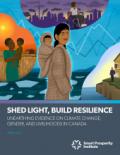
This report synthesizes the most recent evidence available at the nexus between climate change and gender, with a particular focus on identifying intersectional implications of climate change for diverse groups in Canada.
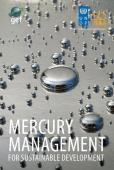
This brochure summarizes the interim results of UNDP’s work in protecting human health and the environment from mercury in support of the Minamata Convention on Mercury.
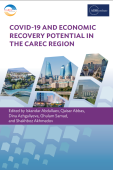
This case study explores ways to unlock sustainable and inclusive growth opportunities in the Central Asia Regional Economic Cooperation region, analysing innovations in digital transformation, e-taxation, financial technology promotion, debt sustainability, and the impact on small businesses and households.

This case study reveals some of the opportunities and benefits that arise from preparing to nationally implement the Enhanced Transparency Framework.
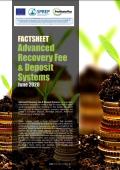
This factsheet gives an overview of advanced recovery fee and deposit systems, which are designed to create a way to sustainably finance waste management and recycling.
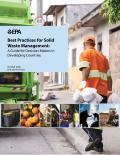
This case study focuses on best practices for solid waste management in medium and large urban centers in developing countries because they face the most substantial solid waste management challenges.
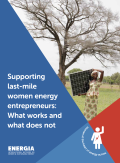
This report presents an overview of a programme that aims to upscale women-centric energy enterprises. Best practices from implementation in seven countries are analysed to support other organizations working on women's enterprise development.
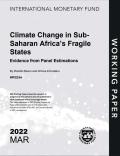
This paper provides a series of scenarios to evaluate the potential impact of policy responses to climate change, focusing on the incidence on fragile states in the region.
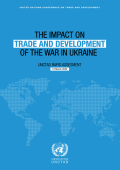
This report offers a rapid assessment of the impact of war in Ukraine on trade and development, and interrelated issues in the areas of finance, technology, investment and sustainable development.
